When we think of the world’s richest individuals, the names often come to mind are predominantly male. Yet, this narrative has seen a noticeable shift in recent years. Women, too, have been ascending the ranks of wealth and influence, making significant strides in traditionally male-dominated domains. This evolution mirrors broader societal changes towards gender equality and empowerment as women assert themselves in various spheres of life.
Despite historical barriers and systemic inequalities, women from diverse backgrounds and industries have been making their mark on the global stage of wealth accumulation. These women’s fortunes are not merely a result of inherited wealth but are often rooted in entrepreneurship, innovation, and astute business acumen. From tech pioneers to retail magnates, they have defied the odds, shattered stereotypes, and redefined the traditional pathways to success.
In this article, we explore the lives and fortunes of the top 10 richest women in the world. Through their stories, we gain insights into their remarkable achievements, the industries they dominate, and their impact on shaping the modern business landscape. From inherited wealth to self-made fortunes, each woman’s journey offers valuable lessons and inspiration for aspiring entrepreneurs and leaders across the globe. Let us delve into their compelling narratives and uncover the secrets behind their extraordinary success.
Françoise Bettencourt Meyers – Net Worth: $95.4 Billion
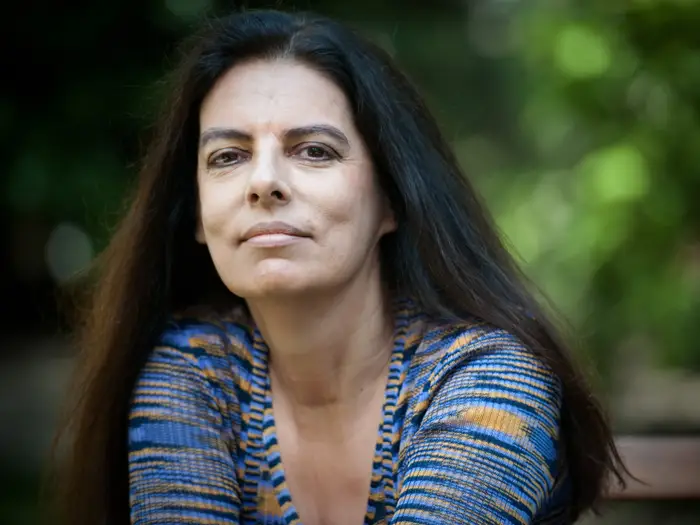
Françoise Bettencourt Meyers, the wealthiest woman in the world, is the granddaughter of L’Oréal’s founder, Eugène Schueller. Born into an empire of beauty and cosmetics, her journey to the pinnacle of wealth is rooted in both legacy and modern stewardship. Following her mother, Liliane Bettencourt’s death in 2017, Françoise inherited the family’s controlling stake in L’Oréal, a company valued for its innovative beauty products and scientific research.
As chairwoman of the family holding company, Françoise has steered L’Oréal through significant transformations, emphasising sustainability and digital initiatives. Her leadership has seen the brand expand into emerging markets and diversify its product offerings to appeal to a global audience. Besides her corporate role, Françoise is an accomplished author, having written several books on Jewish-Christian relations and Greek mythology, showcasing her intellectual pursuits beyond business.
Alice Walton – Net Worth: $65.3 Billion
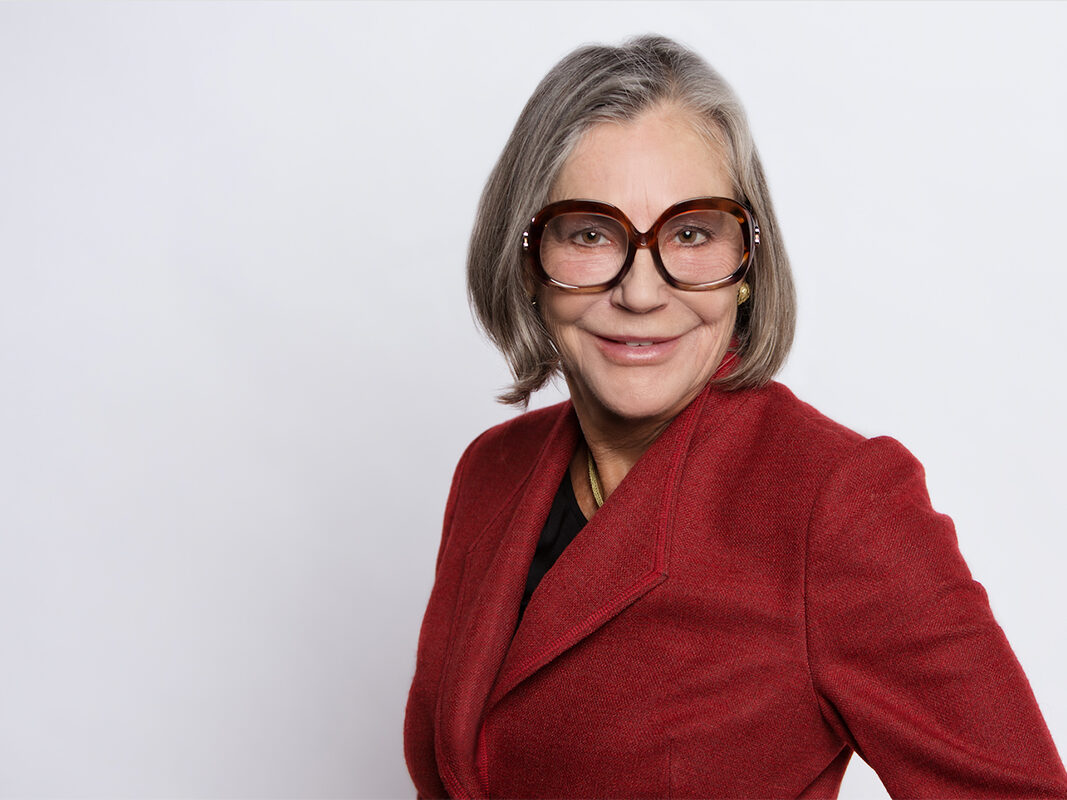
Alice Walton, the only daughter of Walmart founder Sam Walton, has carved out a distinct identity apart from the retail giant. With a substantial portion of her wealth tied to Walmart shares, Alice has been instrumental in philanthropy and art. She founded the Crystal Bridges Museum of American Art in Bentonville, Arkansas, which houses an extensive collection of American masterpieces, making art accessible to the public and enriching the cultural fabric of her home state.
Alice’s financial acumen extends beyond her inheritance. She has been an active investor in various sectors, including banking and environmental conservation. Her commitment to philanthropy is evident in her support for education reform and initiatives to foster economic development in underprivileged communities.
MacKenzie Scott – Net Worth: $60.0 Billion
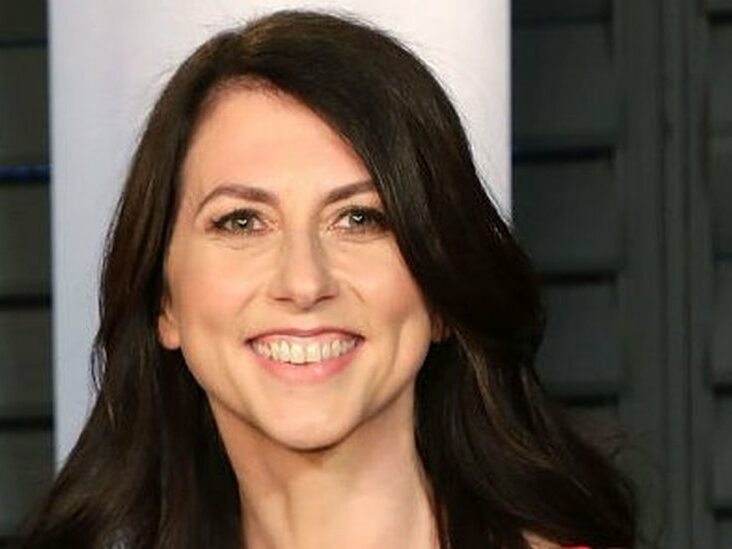
MacKenzie Scott, the ex-wife of Amazon founder Jeff Bezos, emerged as one of the wealthiest women in the world following her divorce settlement, which granted her 4% of Amazon’s shares. However, Scott’s impact is profoundly felt through her philanthropic efforts. Committed to giving away her fortune, she has donated billions to various causes, focusing on racial equity, LGBTQ+ rights, public health, and education.
Scott’s approach to philanthropy is characterised by swift, large-scale donations to organisations often overlooked by traditional funding streams. Her no-strings-attached grants have empowered numerous non-profits to make substantial impacts in their communities, highlighting her belief in trust-based philanthropy and the power of immediate financial support.
Julia Koch – Net Worth: $58.0 Billion
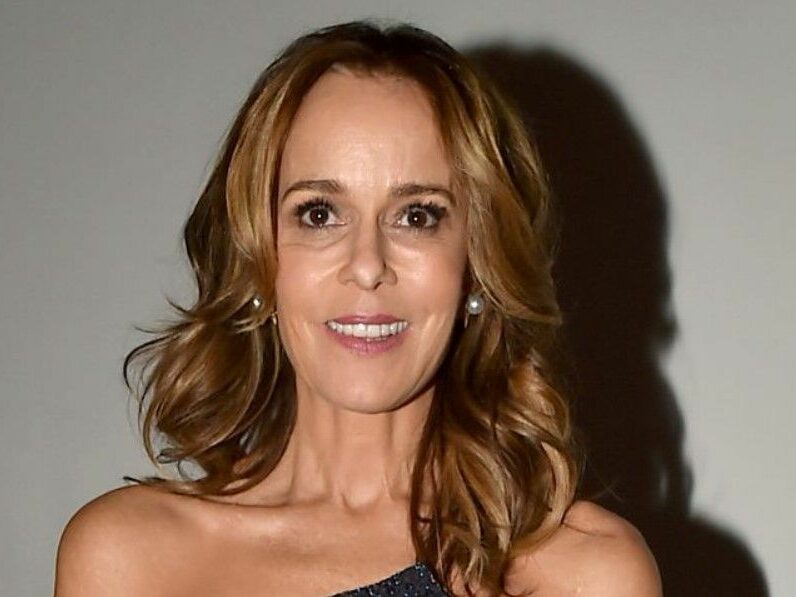
Julia Koch inherited her wealth from her late husband, David Koch, one of the principal owners of Koch Industries, a conglomerate with interests ranging from oil and gas to manufacturing and finance. Following David’s death in 2019, Julia and her three children inherited a 42% stake in Koch Industries, making her one of the richest women globally.
Despite the vastness of her inherited wealth, Julia has maintained a relatively low profile. She is actively involved in philanthropic activities through the David H. Koch Foundation, which supports medical research, education, and cultural institutions. Her contributions have had a lasting impact on various causes, cementing her status as a significant philanthropist.
Miriam Adelson – Net Worth: $39.7 Billion
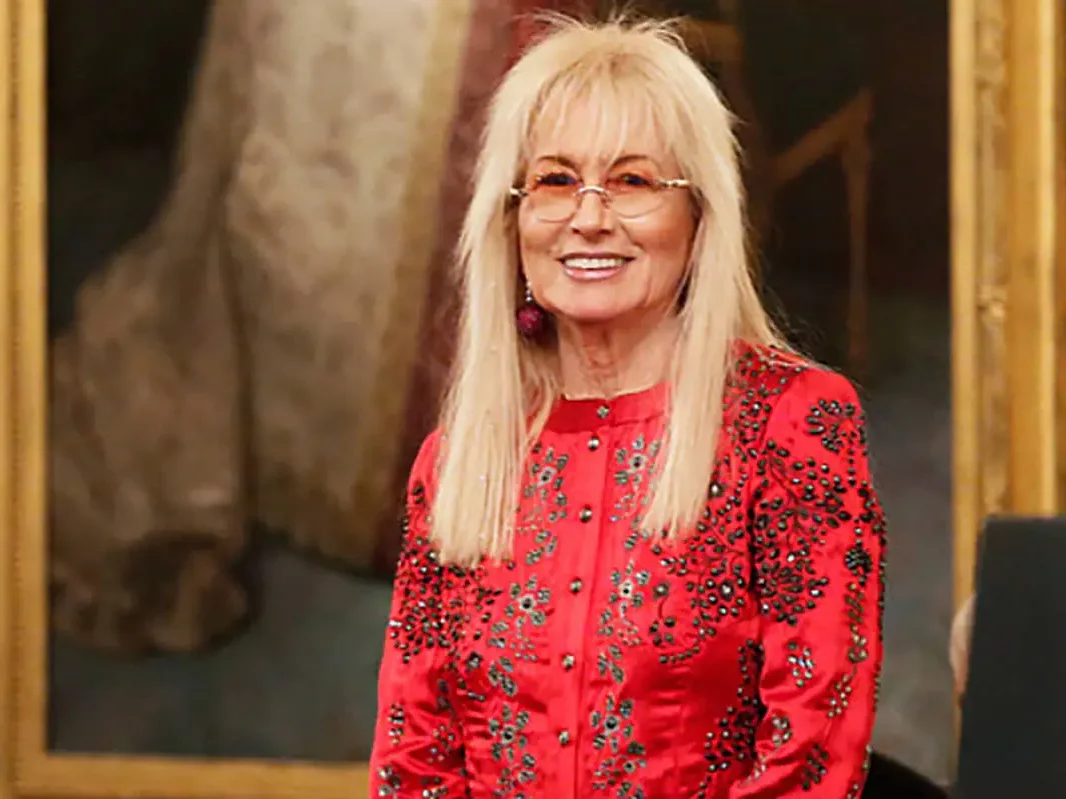
Miriam Adelson’s wealth primarily stems from her stake in Las Vegas Sands, the world’s largest casino operator, founded by her late husband, Sheldon Adelson. Following his death in 2021, Miriam became the majority shareholder, overseeing a vast empire of integrated resorts and casinos across the United States and Asia.
Miriam, originally a physician specialising in addiction treatment, has combined her medical background with her business acumen to influence various sectors. She is a prominent political donor and philanthropist with a focus on medical research and Jewish causes. Her significant contributions to addiction treatment research have helped advance understanding and therapy for substance abuse.
Jacqueline Mars – Net Worth: $38.3 Billion
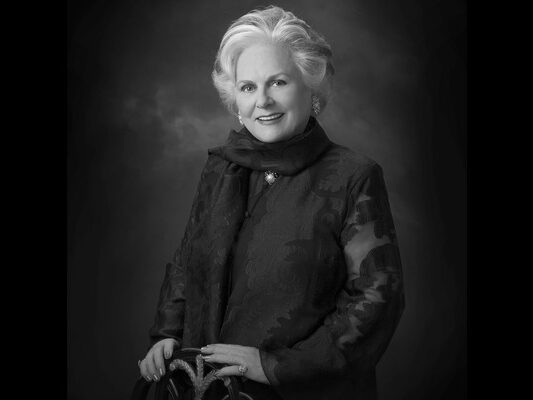
Jacqueline Mars and her two brothers own one-third of Mars Inc., the world’s largest candy maker, famous for brands like M&M’s, Snickers, and Mars bars. The company, founded by her grandfather, Frank Mars, has diversified its portfolio to include pet care products and services, making it a leader in multiple consumer goods sectors.
Jacqueline, who served on the board of Mars Inc. for over 20 years, has played a crucial role in steering the company’s growth and sustainability efforts. Her extensive philanthropic activities focus on arts, culture, and environmental conservation. She is a trustee of the U.S. Equestrian Team and has supported numerous initiatives to preserve wildlife and natural habitats.
Susanne Klatten – Net Worth: $31.2 Billion
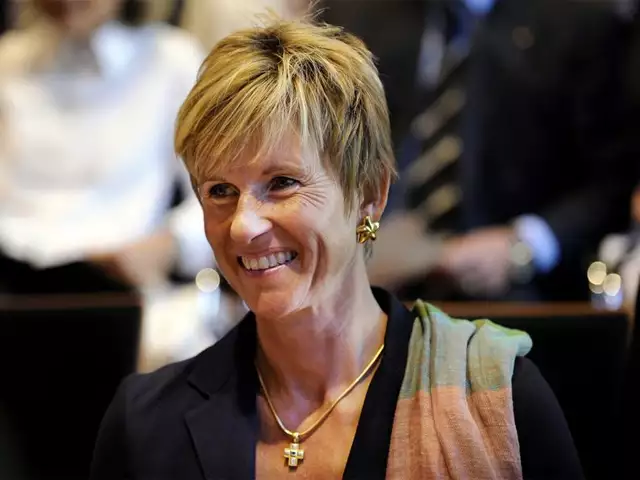
Susanne Klatten is Germany’s wealthiest woman. She inherits a significant stake in BMW from her late father, Herbert Quandt, who saved the company from bankruptcy in the 1960s. Susanne, along with her brother Stefan Quandt, owns nearly half of BMW, one of the world’s leading luxury automobile manufacturers.
Beyond her involvement with BMW, Susanne is an astute businesswoman with investments in various sectors. She owns most of Altana, a chemical company specialising in high-performance coatings and adhesives, and holds substantial stakes in companies focused on renewable energy and biotechnology. Her strategic investments and commitment to innovation reflect her vision for sustainable industrial growth.
Gina Rinehart – Net Worth: $30.5 Billion
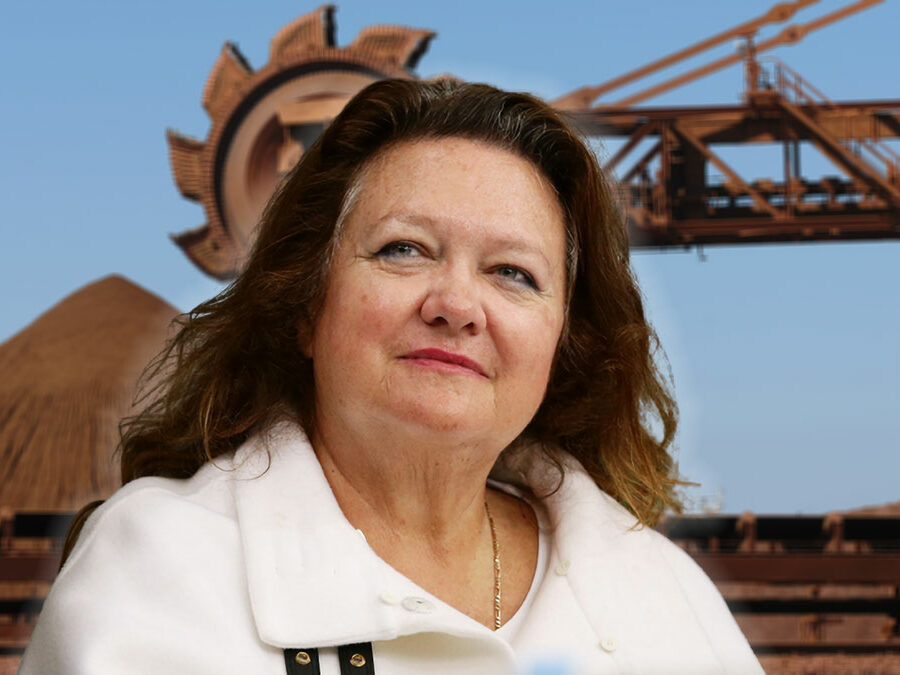
Australia’s richest woman, Gina Rinehart inherited her wealth from her father, Lang Hancock, who discovered one of the world’s largest iron ore deposits. As the chairwoman of Hancock Prospecting, Gina transformed the company into a mining powerhouse, capitalising on the global demand for iron ore and coal.
Under her leadership, Hancock Prospecting has seen exponential growth, with Gina expanding the company’s portfolio to include agricultural investments. She is known for her outspoken views on economic policy and advocacy for mining industry deregulation. Her philanthropic efforts are focused on healthcare, education, and indigenous communities in Australia.
Abigail Johnson – Net Worth: $25.2 Billion

Abigail Johnson is the CEO of Fidelity Investments, one of the largest financial services firms in the world. She took over the reins from her father, Edward Johnson III, in 2014 and has since driven the company’s growth by focusing on technology and innovation in financial services.
Abigail’s leadership has seen Fidelity expand its offerings in digital assets, embracing cryptocurrencies and blockchain technology. She has been instrumental in modernising the firm’s infrastructure, making it more accessible to younger investors. Her approach blends traditional financial management with cutting-edge technology, positioning Fidelity as a leader in the evolving financial landscape.
Iris Fontbona – Net Worth: $24.0 Billion
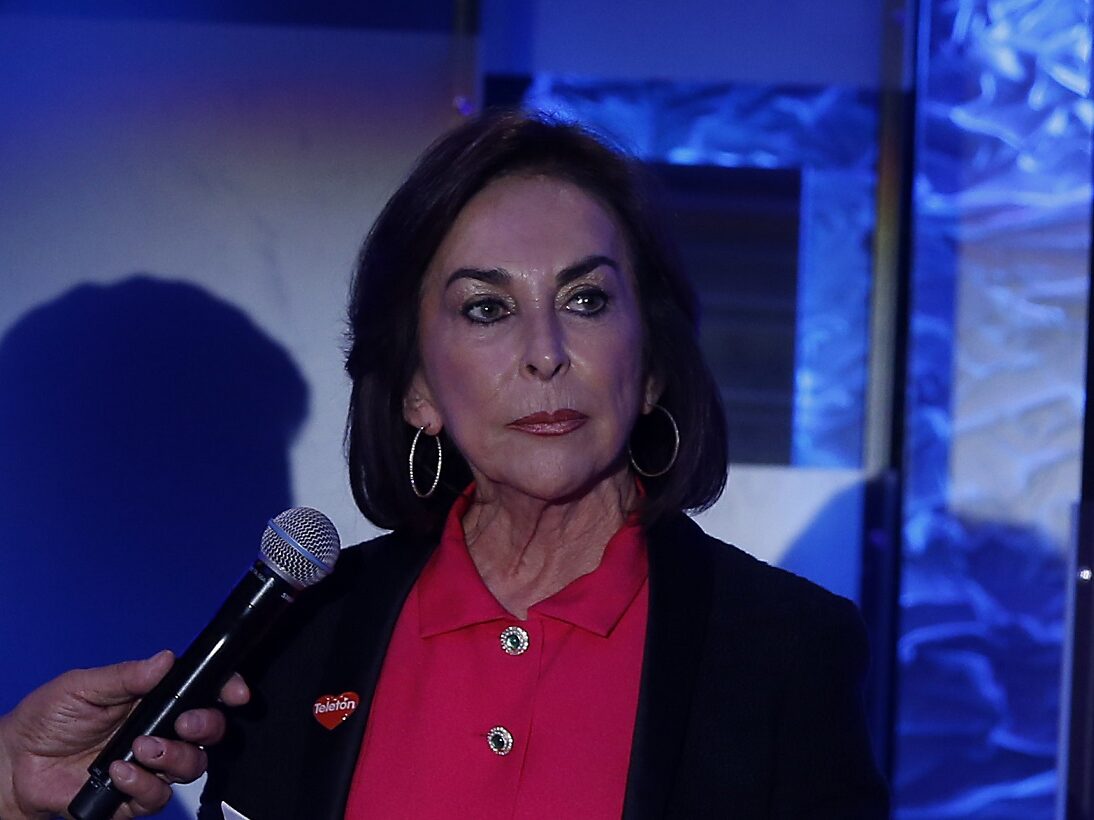
Iris Fontbona, the widow of Chilean mining magnate Andrónico Luksic, controls one of the largest copper mining companies in the world, Antofagasta PLC. After her husband died in 2005, Iris and her children inherited the family’s mining and industrial business empire, which also includes interests in banking, brewing, and manufacturing.
Iris’s influence extends beyond mining; she has been actively involved in philanthropic activities through the Luksic Foundation, which focuses on education, healthcare, and community development in Chile. Her efforts have contributed to improving the quality of life for many Chileans, reflecting her commitment to social responsibility.
Top 10 Richest Women in the World – FAQs
Q1: How are the net worths of the richest women calculated?
The net worths of the richest women are calculated based on their holdings in publicly traded and privately held companies, real estate, art, cash, and other assets. Financial data and company valuations are sourced from stock exchanges, company disclosures, asset appraisals, and other financial reports.
Q2: Do these women play active roles in their companies?
Many of these women are actively involved in their companies, serving in executive roles, on boards of directors, or as significant influencers in corporate strategy and operations. For example, Françoise Bettencourt Meyers is the chairwoman of L’Oréal’s holding company, and Abigail Johnson is the CEO of Fidelity Investments.
Q3: How have these women contributed to philanthropy?
These women have made significant contributions to philanthropy, supporting various causes, including education, healthcare, arts and culture, environmental conservation, and social equity. MacKenzie Scott is particularly noted for her large-scale, unrestricted donations to various non-profits.
Q4: Are their fortunes primarily inherited or self-made?
The fortunes of the richest women are a mix of inherited wealth and self-made success. For instance, Françoise Bettencourt Meyers and Julia Koch inherited their wealth, while women like Gina Rinehart have significantly expanded their inherited assets through entrepreneurial ventures.
Q5: How do these women influence global industries?
These women influence global industries through their leadership, investments, and strategic decisions. Their companies often set trends and standards in their respective fields, from beauty and retail to mining and finance, impacting global markets and economies.
Q6: What industries are most common among the richest women?
The most common industries among the richest women include beauty, cosmetics, retail, finance, mining, and manufacturing. Companies like L’Oréal, Walmart, Fidelity Investments, Koch Industries, and Hancock Prospecting are key players in these sectors.
Q7: What role does innovation play in their wealth accumulation?
Innovation plays a crucial role in these women’s wealth accumulation. They invest heavily in research and development, adopt cutting-edge technologies, and continuously evolve their business models to stay competitive. For example, Françoise Bettencourt Meyers has guided L’Oréal’s digital transformation, and Abigail Johnson has led Fidelity Investments into the digital assets space.
Q8: How do these women balance their business and philanthropic endeavours?
Many women balance their business and philanthropic endeavours by integrating their values and vision into both areas. They often use their business acumen to allocate resources and make impactful philanthropic investments strategically. Their involvement in charitable foundations and direct donations exemplify their commitment to giving back to society while managing their business interests.
Q9: What impact do these women have on gender equality in the corporate world?
These women are powerful role models and advocates for gender equality in the corporate world. Their success challenges traditional gender roles and paves the way for future generations of female leaders. They demonstrate that women can lead major corporations and influence global economic trends by occupying high-profile positions and making significant business decisions.
Q10: Are any of these women involved in political activities?
Several of these women are involved in political activities, primarily through donations and advocacy. Miriam Adelson, for instance, is a prominent political donor in the United States, supporting various political causes and candidates. Their political involvement often aligns with their personal beliefs and the broader interests of their business ventures.
Ready to take control of your financial future? Download the Rise app today and start making smarter financial decisions that prioritize your needs and support your long-term goals.
Conclusion
The top 10 richest women in the world embody a blend of inherited legacy and entrepreneurial spirit. Their wealth spans diverse industries, from cosmetics and retail to mining and finance, illustrating the multifaceted nature of global wealth. These women control not only vast fortunes but also wield significant influence through their philanthropic endeavours, investments, and leadership roles. Their stories highlight the evolving dynamics of wealth and the increasing prominence of women in shaping the global economic landscape. As these women continue to innovate and lead, they pave the way for future generations of female entrepreneurs and leaders, setting new benchmarks for success and impact.